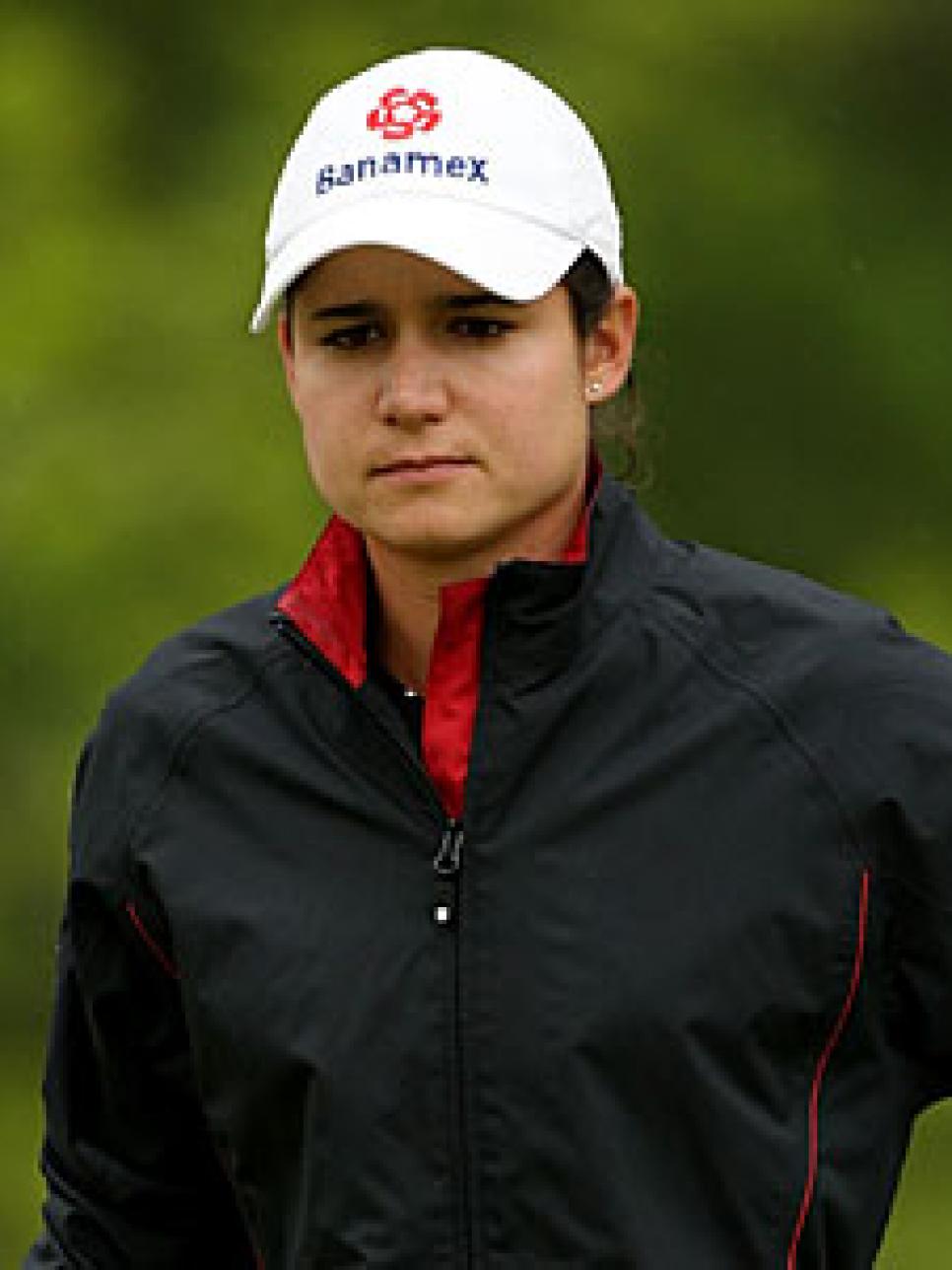News
The '1-in-4' Debate

Lorena Ochoa fined by LPGA for missing the Corning Classic two weeks ago.
At least twice this year, the LPGA has fined stars $25,000 for violating the tour's so called "1-in-4" rule, which requires members to play each stop on tour once in a four-year cycle: Annika Sorenstam for skipping the Corona Championship in Mexico, and Lorena Ochoa for missing the Corning Classic two weeks ago.
While Sorenstam and Ochoa are not fans of the rule, sponsors and tournaments owners are—especially those in long-standing, mid-market LPGA stops such as Corning, N.Y., (first played in 1979), Rochester, N.Y., (1977), Toledo (1984) and Springfield, Ill. (1976). And it also has at least one important player on board.
"It helps the smaller communities that have supported the LPGA for decades [by] giving them hope that they will see all the LPGA members over four years," Paula Creamer told Golf World last week. "The tour has an obligation to the tournament owners and sponsors to deliver its members since the tour gets paid sanctioning fees."
Asked about possible scheduling problems Creamer said, "My schedule is very full [and I manage]." She also said the tournaments and not the LPGA should get the fine money. "Eliminating the rule would have a negative result that I hope does not occur," Creamer said. "We have lost enough domestic events."
The 1-in-4 rule impacts a new business plan as the LPGA transitions into a world tour, much like women's tennis. In 2009 when sanctioning fees increase as the contracts for many domestic events expire along with the TV deals with ESPN and Golf Channel, the tour will have stops in China, Korea, Japan, Thailand and Singapore. Dubai and India also are being discussed as future sites.
"I hope they have thought this through and the business model works," says Jack Benjamin, president of the Corning Classic, which has given millions to charity and has strong community and corporate support. While the tour has also added recent domestic stops in Hawaii, Florida, Alabama and Arkansas, the overseas events generate significant TV revenue in Asia and are limited-field, no-cut tournaments with no need for 1-in-4 protection.
"The rule is essential to protect the quality of fields, especially those on U.S. soil," says Gail Graham, a former player and current president of the Tournament Owners Association. "Lorena Ochoa has eight tournaments to defend, [plus] the majors, sponsor commitments—that's a [lot of tournaments]. But there also has to be a concern for the overall future of the tour."
The LPGA's Libba Galloway called the rule "important to protect our sponsors." But it's fair to say the LPGA is less enthusiastic than the tournament owners and talks about the future of the rule are ongoing. "I don't see any major changes, but there may be some tweaks," Graham said, such as the ones that now make 20-year players exempt, and give everyone a one-time exemption (which Ochoa invoked, after the fact, to avoid paying the fine).
Rob Neal, a former LPGA executive now with The Tournament Golf Foundation, which owns two tournaments, said the rule "ensures every tournament market can offer its fans a chance to see all the great players at least once every four years." For towns such as Corning and Springfield, the rule is essential.

